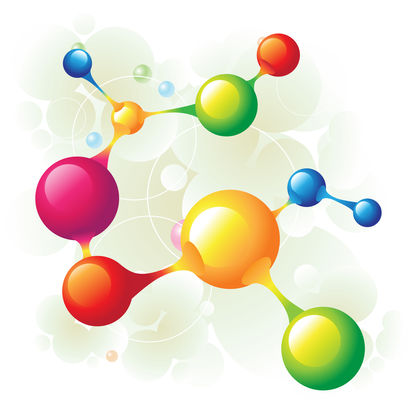Grammar Chaos: Taking in the Difference between Absorb and Adsorb
Posted on Jul 25, 2018
From delicious food eaten to juicy gossip overheard, people absorb a great deal of things from day to day. Through its frequent use, absorb has become a familiar word, but it can still be easily confused with its lexical cousin adsorb. These two verbs sound almost identical, and both involve taking or removing something, but they’re not interchangeable.
When morning rushers accidentally spill chocolate or coffee on their shirts, they absorb the stain with a damp cloth or napkin. Likewise, when students listen in class, they absorb knowledge into their brains. Even readers absorb information as they go through this article.
In dictionary terms, to absorb is to take in or soak up energy or substances by chemical or physical action. The easiest example of this is a sponge, a familiar tool used to soak up water and soap to wash the dishes or other surfaces. Tissue paper also behaves similarly, instantly absorbing liquids it comes in contact with.

Adsorb, on the other hand, is more technical and is typically used in science, which is why it’s unfamiliar and usually mistaken for absorb. Strictly speaking, materials that adsorb take or hold other substances by attracting their molecules and forcing them to adhere to the materials’ surface.
The poster child for adsorbing is charcoal--commonly believed to absorb foul smells when it actually adsorbs them. In this case, the molecules and pollutants that make the air stinky are drawn onto the charcoal’s surface, resulting in cleaner air and safer breathing.

Simply put, absorb and adsorb differ in the way substances are taken. Absorbents take substances into them, while adsorbents get materials to stick onto them.
Here are some sentences to put them in better context:
The spilled juice was absorbed into the old rug before anyone noticed the mess.
The oil that spilled out in the Bering Sea was adsorbed onto the hair donated by the volunteers.
Daisy plans to survive the fall by absorbing the shock into her arms and legs.
Quentin was told to fix his wet phone by adsorbing its moisture onto silicon packets.
Jenna hoped the tissue will absorb the ugly chocolate stain on her beautiful white dress.
The local scientists hoped the carbon water filters will adsorb all the contaminants and make the water supply potable.
It’s always helpful to remember that when things are absorbed, they go in. When adsorbed, they go on. Notice how tissue paper gets heavier and bigger upon absorbing water, while hair gets all shiny with all the oil it adsorbs? That should immediately tell where things go.
We hope you’ve thoroughly absorbed this and that it helps you distinguish these two words in writing. This should be especially helpful in those scientific essays with very specific terms. If you’ve got any other questions on all things grammar, just drop them here, and we’ll answer as best we can. Until next time!
Sources:
Disclaimer: Images are not ours. Credit to the owner.
About 1-Hour Proofreading
1-Hour Proofreading is a growing start-up offering fast and efficient editing services at a reasonable price, with the assurance that the document is publication-ready the soonest you need it. Its team of highly competent professional editors is committed to helping those in need of quality editing services while facing tough deadlines.
Visit 1hourproofreading.com for more details.
Follow us:
Back to Grammary



